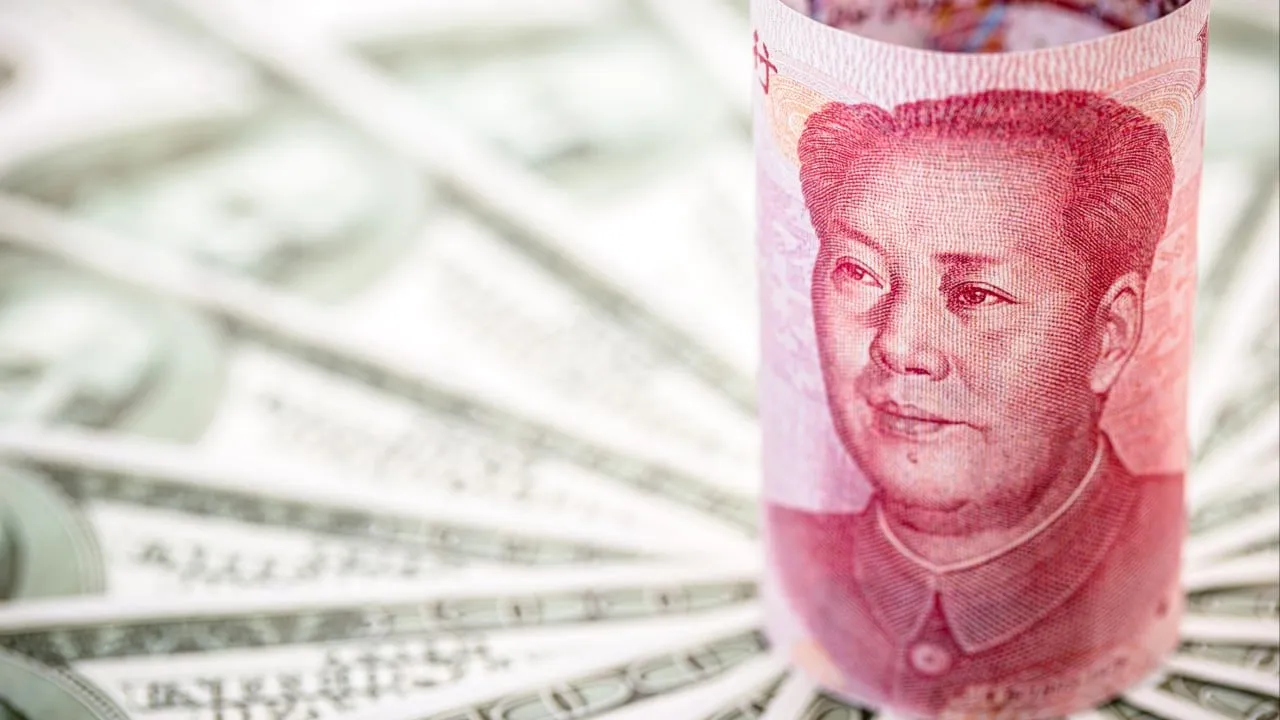Tariffs and Exchange-Rate Overshooting Pressure on China's Yuan

Tariffs and Yuan Volatility Amid US Pressure
Tariffs imposed by the United States are expected to significantly influence China's yuan, particularly as pressures mount in anticipation of the upcoming presidential election on November 5. Analysts from Goldman Sachs highlight that the yuan may appreciate against the US dollar if substantial fiscal easing results from Beijing's economic stimulus package.
Beijing's Economic Stimulus Response
Recent economic measures from the Chinese government aim to counteract the depreciation pressure from potential US trade tariff increases. Barclays’ expert, Mitul Kotecha, notes that strong US jobs data and a resilient dollar are critical factors that may hinder yuan stability.
Impact on Exporters and Currency Strategy
Rapid yuan appreciation could lead to decreased competitiveness for Chinese exporters, compelling them to consider conversion of US-dollar assets into yuan, which could affect their profit margins. The People’s Bank of China has stated it aims to guard against exchange-rate overshooting, further complicating the landscape for traders.
Market Predictions and Economic Context
Looking ahead, analysts predict that without course corrections, the yuan's performance could significantly detail the strength of China's economy amid rebounds in US market indicators. The geopolitical dynamics introduced by former President Donald Trump's potential re-election warrant close attention, as fears over tariffs could exacerbate yuan depreciation.
This article was prepared using information from open sources in accordance with the principles of Ethical Policy. The editorial team is not responsible for absolute accuracy, as it relies on data from the sources referenced.